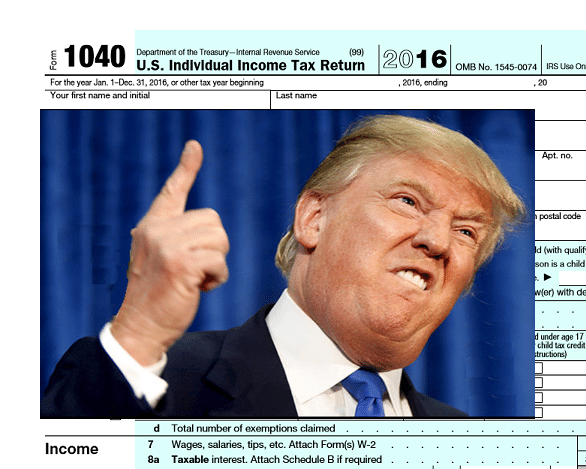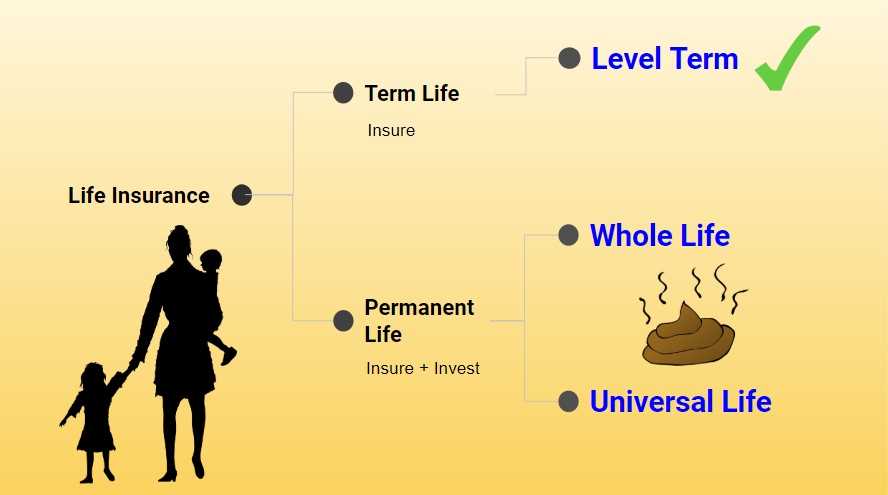Where can I set up a HSA account? Can I use it for a stress test that was done in Jan, that we still owe a $1,000 on?
Open Enrollment: Why I Switched to an HSA
- By : Menard
- Category : Insurance
- Tags: health insurance, HSA

Do you know what’s the biggest expense that you will incur in your lifetime?
Nope. It’s not your home.
I remember my hand was shaking when I handed my agent a $43,000 cashier’s check as a down payment for our house, 15 years ago. But like I said, it’s not the house. Not even close.

Your house may very well be your single biggest purchase, but it’s not the biggest expense that you will INCUR IN YOUR LIFETIME.
Guess again…
Nope. It’s not cable (geez.. Are you really spending that much on entertainment?).
Here’s a clue.

You guessed it right this time. It’s TAXES!
Of course, this largely depends upon your tax rate. With a progressive tax system, the higher your income, the higher the taxes are imposed.
Assuming you’re in the 22% tax bracket, like my wife and I filing jointly do, you might be looking at paying a million-dollar tax bill over the course of your lifetime. And this doesn’t include sales and property taxes.
Now, how about the second biggest expense ??
Stop bringing up the house again.
Try again…

Nope. It’s not your car unless you’re driving a fancy one like this Lamborghini I’m inspecting.
Student loans? Nope, unless you’re a broke doctor or a lawyer, or went to an overpriced private school without a scholarship.
Here’s another clue.

You are absolutely correct. It’s HEALTHCARE!
According to this 2021 HealthView Services study, the total projected lifetime healthcare costs for a healthy 65-year-old couple retiring this year are expected to be $363,946 in today’s dollars ($537,334 in future value)— excluding long-term care.
Note that these numbers don’t include expenses that you have already incurred on healthcare before age 65!
So it’s TAXES and HEALTHCARE— two of the biggest expenditures that we will incur in our lifetime.
Wouldn’t it be great to be able to save money on both?
Health Savings Account (HSA) to the rescue
A health savings account is a tax-advantaged plan that is available to people with high-deductible health insurance. The idea is that when people use their own savings for healthcare, they are likely to shop around for the best deal, which helps control health care costs.
For years my company has been offering this option for health insurance, but I didn’t pay much attention to it because I’m already maxing out my Roth IRA in addition to my company-sponsored retirement plan. Big mistake, as I could have added it early to my bag of retirement tricks.
I’ve been maxing it out ever since. I figured that since I am likely to spend a ton of money on health care when I get old anyway, why not max out my HSA contributions first?
By maximizing the tax savings, I will, in effect, free up more resources for other expenditures like home renovations, vacations, and other fun stuff in retirement.
Note that this plan is not for everyone. It is particularly beneficial for people who are savers and are in excellent health condition like me.
Awesome Tax Advantages
With an HSA, you can contribute pre-tax money, just like a 401(K) or Canadian RRSP up to a pre-defined contribution limit. In 2020, the annual HSA contribution limit for individuals is $3,550 and $7,100 for families.
You can then use the money saved in your HSA self-directed investment account to buy individual stocks, mutual funds or ETFs (much to your heart’s content) and your earnings will be tax-free as long as you use them for qualified expenses.
There is also no Required Minimum Distribution— You are not forced to take money out of them, which can potentially bump you up to a higher tax bracket.
In other words, an HSA account combines the tax-deferred feature of a 401(K) or RRSP, and the tax-free and No RMD aspects of a Roth IRA, provided that you use them for qualified medical expenses, which you will surely incur anyway!
Eligible medical expenses may include things like contact lenses, dental treatments, insurance premiums, long-term care, and laboratory fees.
Here’s how I’m using it
A little-known feature is that you’re allowed to pull out and reimburse yourself for past eligible expenses AT ANY TIME— as long as you keep the receipts.
For example, instead of withdrawing money from the HSA account to cover things like routine dental treatments or medical check-ups, I can pay for these out-of-pocket. In this way, the money invested in the account can continue to grow and compound– tax-free.
Later down the road, say in 20 years, I can reimburse myself for these expenses and use the money for paying non-eligible expenses that would have been taxable otherwise. That $1,000 that you didn’t take out, 20 years ago, would have grown to maybe $10,000, depending on how it is invested.
By doing this, you’ll have more money to spend on major expenses such as long-term care or heaven forbid, open-heart surgery.
May you stay healthy.


